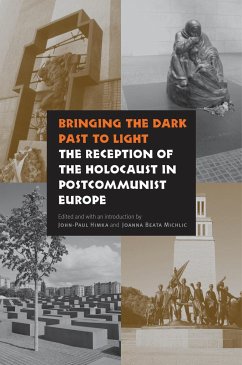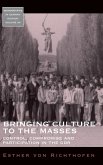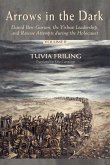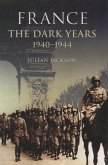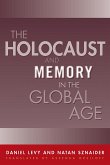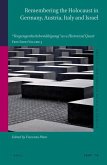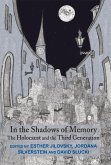Despite the Holocaust's profound impact on the history of Eastern Europe, the communist regimes successfully repressed public discourse about and memory of this tragedy. Since the collapse of communism in 1989, however, this has changed. Not only has a wealth of archival sources become available, but there have also been oral history projects and interviews recording the testimonies of eyewitnesses who experienced the Holocaust as children and young adults. Recent political, social, and cultural developments have facilitated a more nuanced and complex understanding of the continuities and discontinuities in representations of the Holocaust. People are beginning to realize the significant role that memory of Holocaust plays in contemporary discussions of national identity in Eastern Europe. This volume of original essays explores the memory of the Holocaust and the Jewish past in postcommunist Eastern Europe. Devoting space to every postcommunist country, the essays in Bringing the Dark Past to Light explore how the memory of the "dark pasts" of Eastern European nations is being recollected and reworked. In addition, it examines how this memory shapes the collective identities and the social identity of ethnic and national minorities. Memory of the Holocaust has practical implications regarding the current development of national cultures and international relationships.
Hinweis: Dieser Artikel kann nur an eine deutsche Lieferadresse ausgeliefert werden.
Hinweis: Dieser Artikel kann nur an eine deutsche Lieferadresse ausgeliefert werden.

